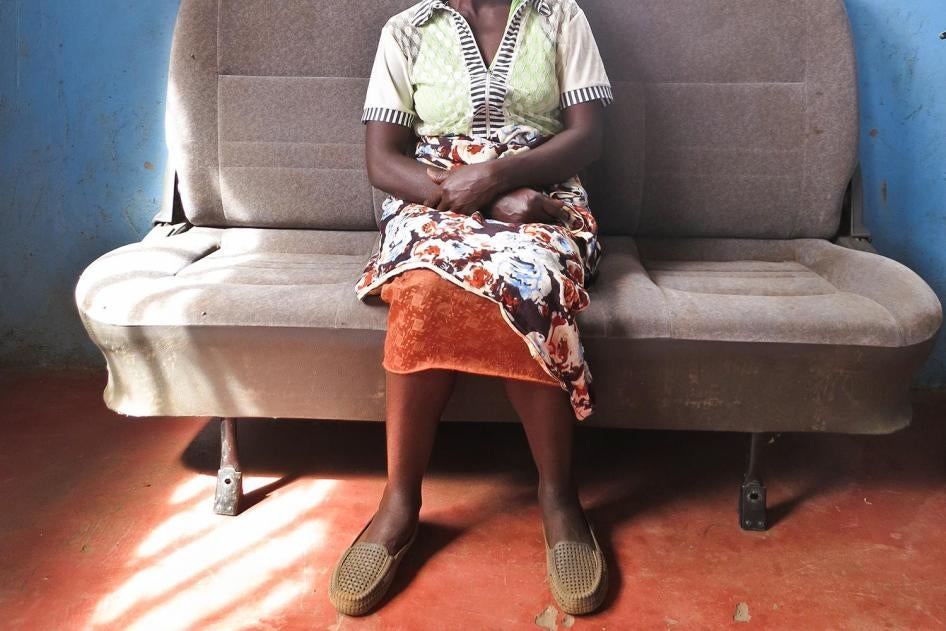Something was notably absent from Kenyan President Uhuru Kenyatta’s 2016 State of the Nation address yesterday – any mention of reparations for victims of the post-election violence that rocked the country in 2007-8.
A year ago, Kenyatta used his address to announce a fund of 10 billion Kenyan shillings (US$9.8 million) to provide “restorative justice” for victims of the post-election violence. Yesterday, he said nothing to reassure Kenyans that in 2015 he meant what he said. On reparations, in fact, he said nothing.
The 2007-8 violence might seem like a long time ago. But for those whose lives were shattered by the horrific abuses that took place after the disputed elections, the fund offered hope for change. Over the last year my colleague Agnes Odhiambo interviewed 163 women and girls who had been victims or witnesses of terrible rapes – most often gang rapes – or other sexual violence during the upheaval. The women suffered from serious mental or physical health problems, untreated obstetric fistula or undertreated HIV, depression, and anxiety. Many have been stigmatized in their communities – along with children born from the rapes – or even kicked out of their families.
No meaningful progress has been made towards reparations, and no one has been appointed to manage the fund. The Truth, Justice and Reconciliation Commission’s report, which calls for a committee to administer a reparations fund, has still not been passed by parliament. Some limited compensation has been provided to some people who were displaced or lost property, but rape survivors as a group have been excluded. Very little has been done to address their medical and other needs. Only a handful of prosecutions have taken place.
Kenyatta is missing an important opportunity to build on promises he made to women and girls who need urgent care but are too poor – often because of the impact of horrific sexual violence on their ability to work – to get it.
But reparations are not just about money. Survivors who come forward, whether or not they have been recognized as victims by the courts, should get recognition, restitution, and guarantees that they will be protected from such violence again. A properly administered reparations process, designed along with the survivors, is needed and should be a high priority for Kenyatta.
Instead, yesterday was a disheartening disappointment.











